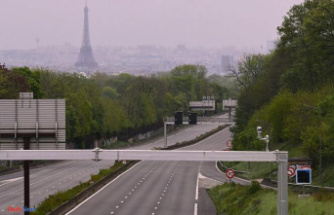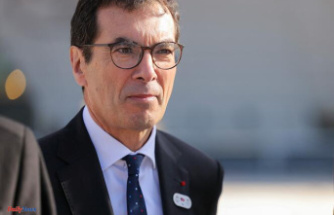On June 4, 2000, in Durango, PP councilor Jesús Mari Pedrosa was shot by ETA on the way home after leaving work as a councilor in the Town Hall of the Biscayan town. He did not want to carry an escort in his town, and he had received a large number of threats and even went so far as to say on the radio, in an interview with Carlos Herrera, that if they killed him it would be in Durango because he would never leave the town despite all the threats. . He said verbatim: "I do not know if I will go to heaven or hell, but what I will not do is leave Durango."
Pedrosa Urquiza was the tenth PP politician assassinated by the terrorist group ETA. Of the 42 politicians assassinated by ETA, 15 are from the Popular Party, 11 from the Socialist Party, 5 from UCD, 9 responsible during the Franco dictatorship and 2 from UPN. The Popular Party has been the political organization most punished by ETA, mainly since ETA prepared the report "Oldartzen" or the "Socialization of Suffering" together with high-profile members of Batasuna at the end of 1994. Said letter, whose ideologue was the head of the political apparatus of ETA -Mikel Antza- made it clear that not only had to kill the State Security Forces and the military, but it was necessary to include all the representatives of organizations that represented the Spanish, among others, politicians, journalists, judges and prosecutors. One of the phrases of that presentation pointed directly to the councilors of the political organizations: "If a low link in the political chain is hit, the chain itself magnifies the blow and comes to frighten the entire chain."
And so it was, from January 1995 until the end of the ETA truce in 2000, ETA only assassinated representatives of the Popular Party -except for a representative of UPN- who were mainly councilors, since they were the "lowest link" to which it referred. ETA-Batasuna in the Oldartzen paper. In addition, this massacre of only members of the Popular Party coincides with the fact that José María Aznar -who also suffered a terrorist attack in 1995- governed Spain and ETA's fear of the Aznar government intensified the persecution of the Popular Party. In fact, it was the Aznar government that outlawed Batasuna and began the end of ETA by losing its political wing.
Now that 28 years have passed since that first assassination of Gregorio Ordóñez due to the change in ETA's murderous strategy, there is a case in the National Court that will investigate the persecution, threats, kidnappings and murders committed against the Popular Party. All of this fits perfectly into the crime, not only of terrorism, but also of crimes against humanity, as stated in article 607 bis of the Penal Code. And it is precisely the cause of the murder of the PP councilor Jesús Mari Pedrosa that is going to carry out this exciting and difficult task. The heads of ETA Mikel Antza, Iñaki de Rentería, Kantauri, Soledad Iparraguirre and Josu Ternera will have to respond to this persecution against a political organization that only wanted and wants to work for all Spaniards.
Daniel Portero de la Torre is president of the Dignity and Justice Association and a PP deputy in the Madrid Assembly.
According to the criteria of The Trust Project












